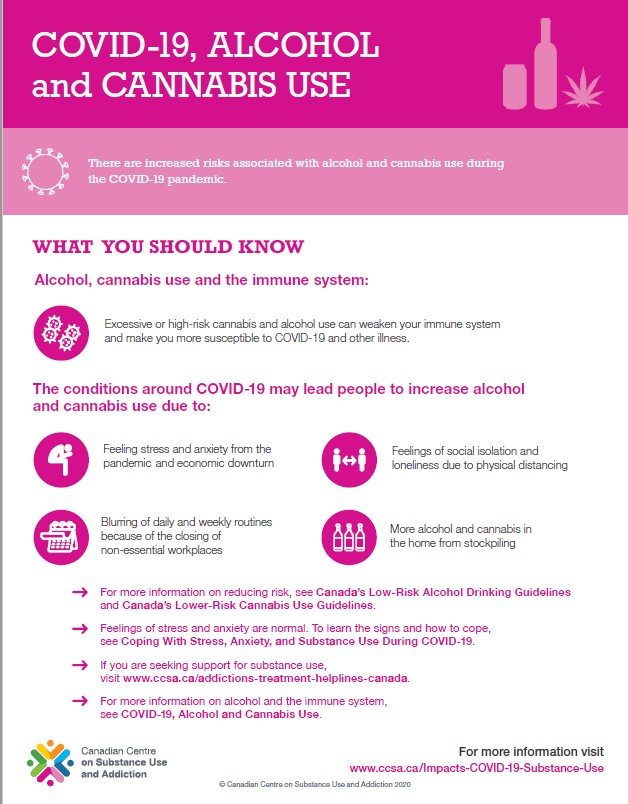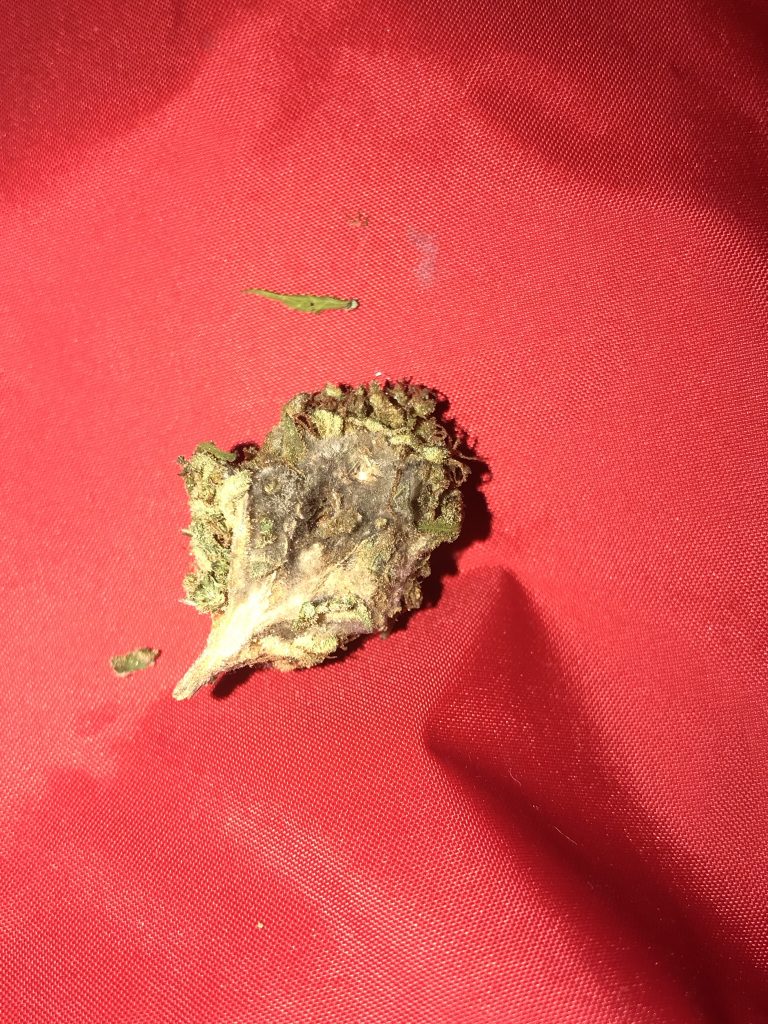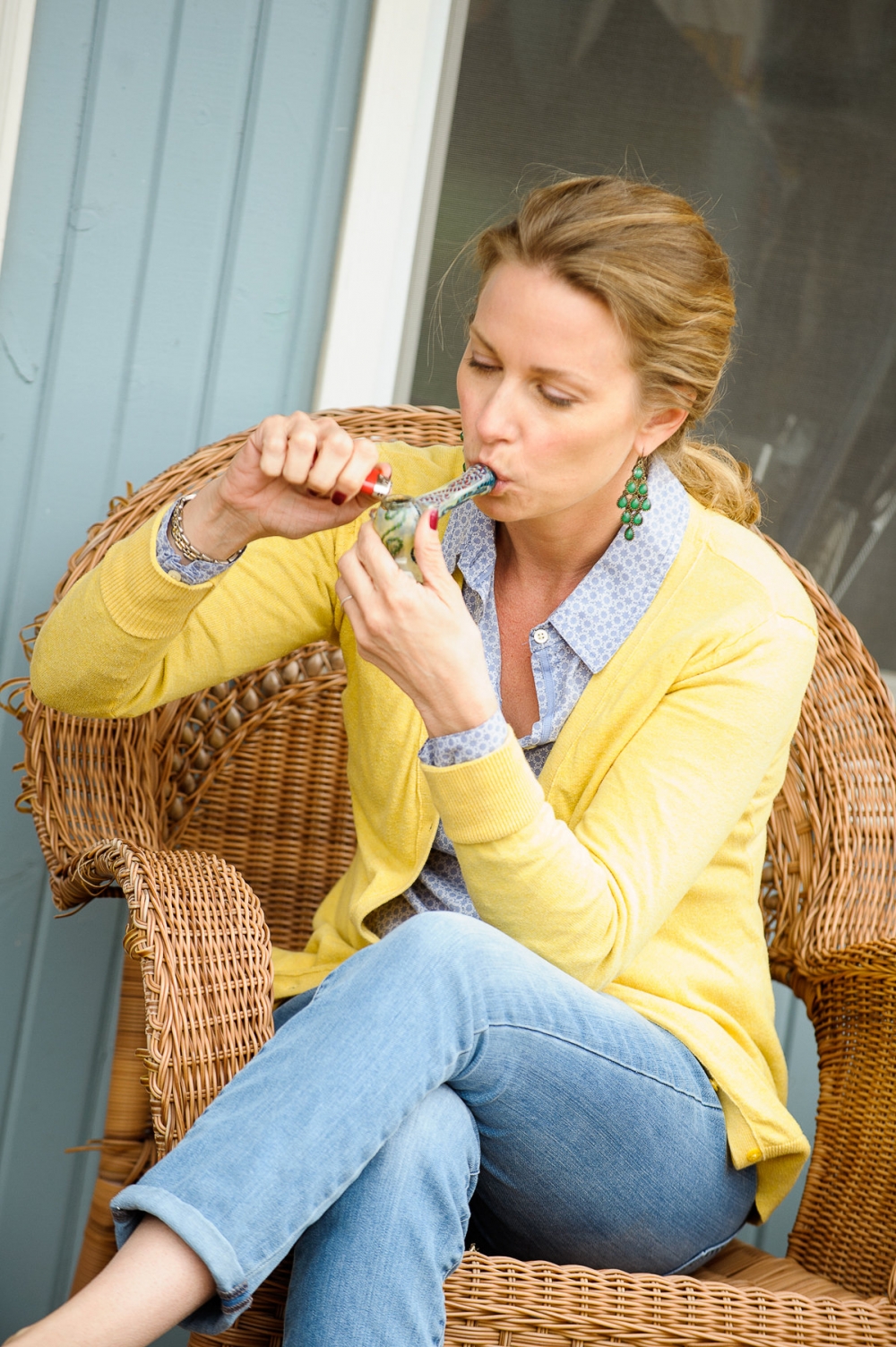It goes without saying that the past few years have been hard on us all. COVID-19 has had a huge impact on society, and a lot of things have changed. On top of the pandemic, we’re facing an epidemic with the opioid crisis. In Canada, there has been a significant increase in opioid-related deaths since 2016. The overdose crisis continues to affect people who use drugs, their friends and families, and communities across Canada. Between January 2016 and September 2022, there were more than 34,400 apparent opioid toxicity deaths, many of which also involved stimulants or other substances. The crisis is continuously growing, and is largely affecting the youth population with young Canadians aged 15 to 24 being the fastest-growing population requiring hospital care from opioid overdoses.

At the rate with which we are losing people to overdose, and stigma around drug use in society, deaths by overdose are often overlooked. The lives of the people who die from overdose are often cast aside, and sometimes judged. Having conversations about drug use, overdoses, and what may follow when someone overdoses helps us not only destigmatize these topics but also helps provide support. While we don’t want to normalize preventable deaths from overdose, until there is safe supply these deaths will continue and we need to be able to discuss it openly. Overdose and grief are topics that may be hard to talk about, but it’s important that we share our experiences and communicate these things to not feel alone and move through our grief in a healthy way. Continue reading
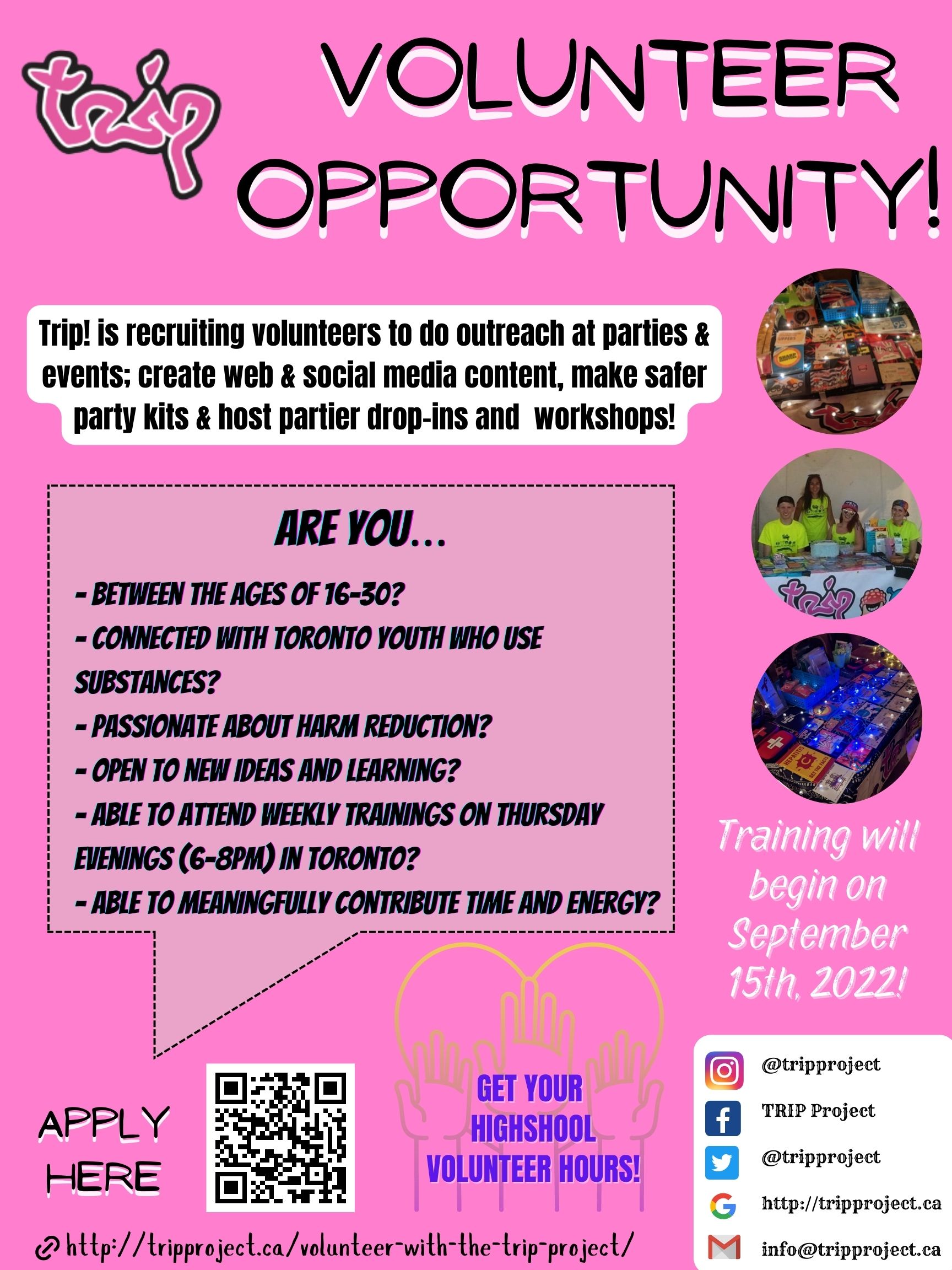
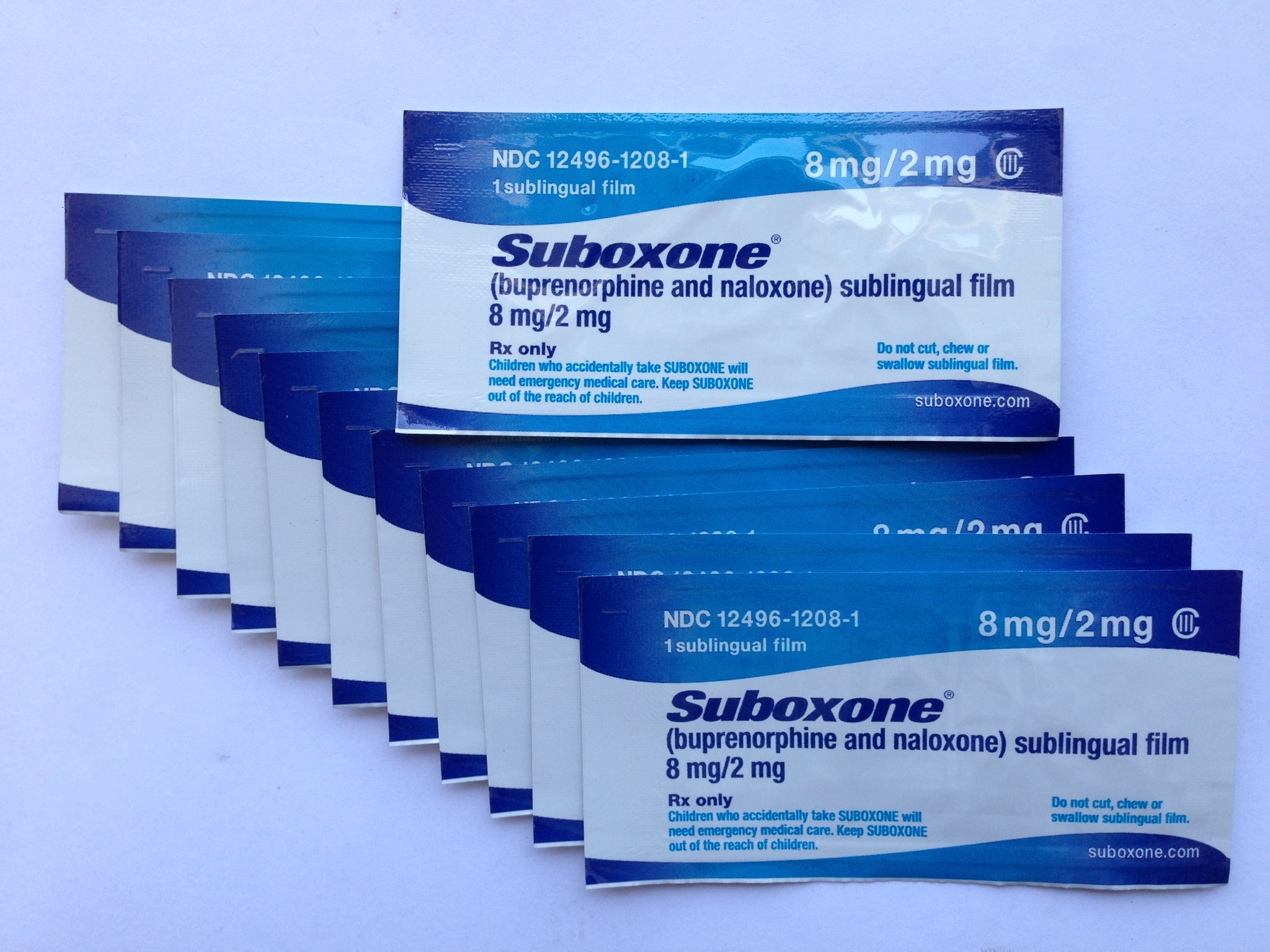
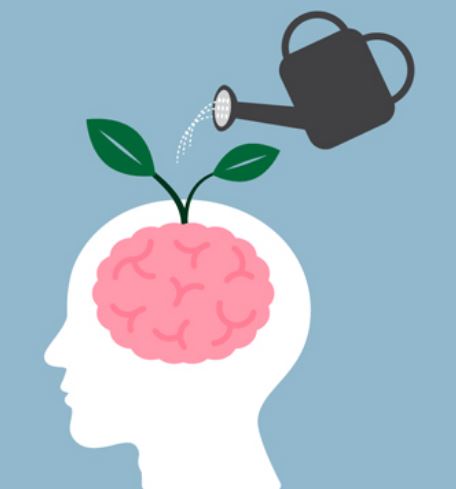 rological aspects of ADHD. Harm reduction exists in many facets of life, and can take on many forms. Here at Trip! Project, one of the ways we practice harm reduction is through the spreading of knowledge and awareness of various substances, and phenomena related to taking/using these substances. The idea behind this is that knowledge is power! Having an awareness and understanding of the substances we take and the ways in which they interact with our brains is one way to make more informed and hopefully safer choices when it comes to substance use. The same can be said about our own brain chemistry and structure! Knowing how or why we experience the things we do can help us make informed choices and take better care of our brains.
rological aspects of ADHD. Harm reduction exists in many facets of life, and can take on many forms. Here at Trip! Project, one of the ways we practice harm reduction is through the spreading of knowledge and awareness of various substances, and phenomena related to taking/using these substances. The idea behind this is that knowledge is power! Having an awareness and understanding of the substances we take and the ways in which they interact with our brains is one way to make more informed and hopefully safer choices when it comes to substance use. The same can be said about our own brain chemistry and structure! Knowing how or why we experience the things we do can help us make informed choices and take better care of our brains. 